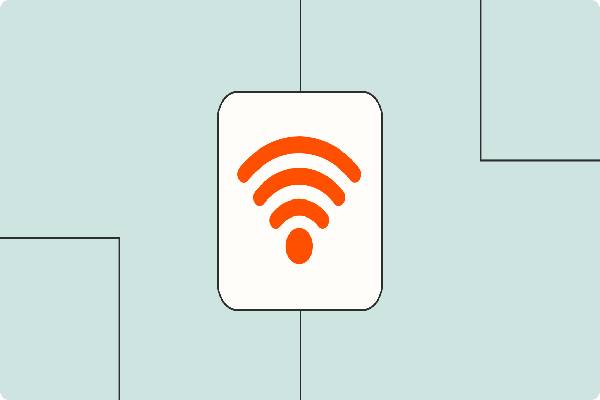Resolver

Introduction:
Online security and privacy have become increasingly
important in today's interconnected world. One emerging concern is the use of
services like Resolver, which can pose threats to individuals and organizations
alike. In this article, we will delve into the world of resolver, exploring
what it is, why it matters, and what you can do to protect yourself.
What is a resolver?
Resolver is a controversial online service that allows users
to obtain the IP addresses associated with online handles, such as usernames,
gamertags, or email addresses. This service essentially acts as a tool to
uncover the real-world location of an individual or organization using their
online identifiers.
The service operates by exploiting vulnerabilities in
various online platforms and services. By leveraging these vulnerabilities, the
resolver can collect and aggregate information from different sources to
pinpoint the IP address of a targeted user. Once obtained, this information can
be used for various purposes, including cyberattacks, doxing, harassment, or
unauthorized access to personal and sensitive data.
Why Does x Resolver Matter?
Privacy Invasion: resolver poses a significant threat to
online privacy. Linking online handles to real-world IP addresses enables tracking
and identifying individuals who may wish to remain anonymous or keep their
online activities private.
Cyberattacks and Hacking: The information provided by the resolver
can be used by malicious actors to launch cyberattacks against individuals or
organizations. Armed with IP addresses, hackers can potentially exploit
vulnerabilities, launch distributed denial-of-service (DDoS) attacks, or gain
unauthorized access to networks and systems.
Doxing and Harassment: resolver can facilitate doxing, which
involves maliciously releasing private information, such as addresses, phone numbers, or financial details. This information can be used for harassment,
stalking, or physical harm.
Impersonation and Fraud: The resolver enables potential
impersonation and fraudulent activities by uncovering IP addresses. Attackers
can masquerade as someone else, using the acquired information to deceive
individuals, gain trust, or engage in illegal activities.
Legal Implications: The use of a resolver raises legal
concerns. In many jurisdictions, accessing or sharing personal information
without consent is illegal. Individuals or entities utilizing Resolver may face
legal consequences for their actions.
What Can You Do?
Secure Your Online Presence: Take steps to enhance your
online security. Use strong, unique passwords for all your accounts and enable
two-factor authentication whenever possible. Regularly update your software,
including antivirus and firewall protection, to safeguard against potential
vulnerabilities.
Limit Personal Information: Be cautious about sharing
personal information online. Consider the consequences before disclosing
sensitive details such as your home address, phone number, or financial
information.
Use Virtual Private Networks (VPNs): VPNs create a secure
and coded connection between your device and the internet. By routing your
internet traffic done a VPN server, your IP address remains hidden, providing additional
privacy and security.
Monitor Your Digital Footprint: Regularly monitor your
online presence and take steps to minimize your digital footprint. Review your
social media privacy settings, limit public visibility of personal information,
and consider using pseudonyms or alternate usernames to reduce the risk of
being targeted by Resolver or similar services.
Report Abuse: If you suspect you have been a victim of a resolver
or related activities, report the incident to the relevant authorities. Please
provide them with all pertinent information to assist in their investigation
and help prevent further harm.
Support Legal and Policy Efforts: Stay informed about
ongoing legal and policy discussions related to online privacy and security.
Support initiatives and organizations that advocate for stronger regulations
and enforcement against services like the Resolver
Conclusion:
Resolver represents a significant threat to online privacy,
security, and personal safety. Its ability to link online handles to real-world
IP addresses can lead to various malicious activities, including cyberattacks,
doxing, harassment, and impersonation. Individuals and organizations must proactively
protect themselves and minimize the risks associated with services like Resolver.
By implementing robust security measures, being mindful of the information
shared online, and supporting legal and policy efforts, we can collectively
work towards making a safer and additional secure digital environment for all.

.jpg)